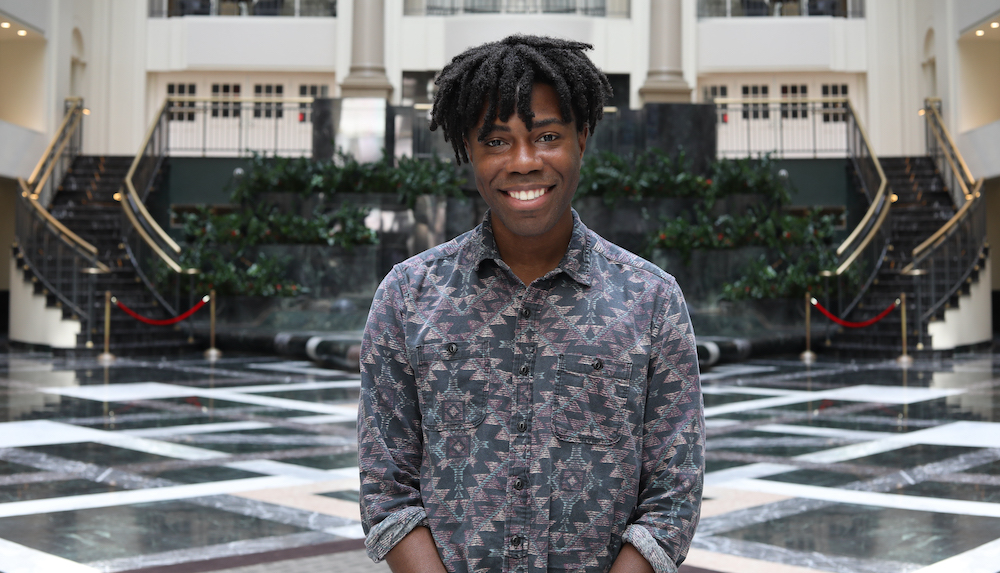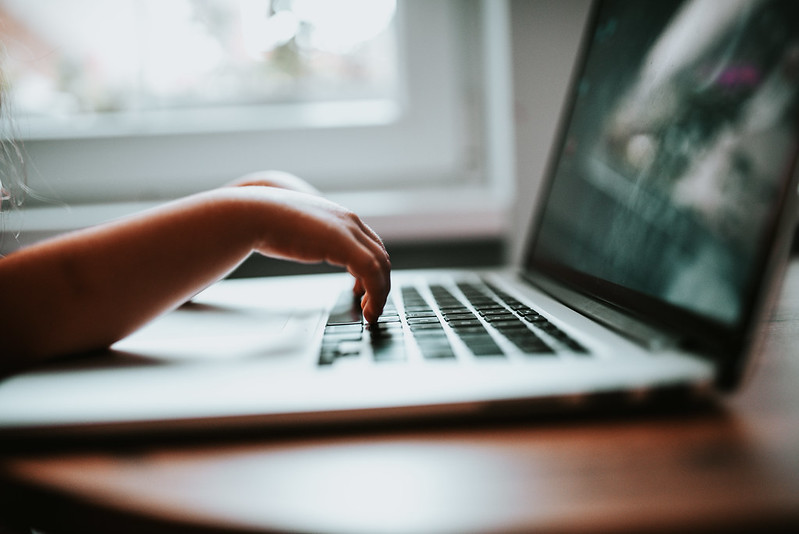With public schools set to resume distance learning this fall amid the ongoing global pandemic, the Baltimore City Council’s education and youth committee met to talk about digital access for students, and the school district’s plans for internet connectivity this coming school year.
Zeke Cohen, 1st District councilmember and chairman the of education and youth committee, moderated the August 27 discussion and inquiries to Comcast representatives.
Here are some quick takeaways from the over three-hour committee meeting:
Communities want higher internet speeds
Comcast’s Internet Essentials package isn’t enough, according to student, teacher and stakeholder testimony. Many families are finding they have to choose between working from home and school from home due to the low download and upload speeds of the Comcast service, which is available for free for 60 days through the end of the year.
Comcast assures 25 Mbps download and 3 Mbps upload speeds meet the requirements to be considered high-speed broadband internet.
Communities counter that those upload speeds don’t meet the minimum requirements of 3.2 Mbps upload speeds for an HD-quality Google Meet call.
Members of Baltimore’s Students Organizing a Multicultural & Open Society, or SOMOS, reiterated their demands for download speeds be increased to 100 Mbps and uploads to 25 Mbps. They also want Comcast to open all Xfinity WiFi hotspots and to extend the free internet services period of Internet Essentials from the time of enrollment until 60 days after school starts.
Misty Allen, Vice President of Government and Regulatory Affairs & Community Impact at Comcast, reiterated a talking point that’s been quoted before in the Baltimore Sun: Internet Essentials speeds as is can accommodate “three high-quality Zoom calls at the same time, four simultaneous high-quality video calls on Skype and as many as three simultaneous group video calls on Microsoft Teams.”
The school district is trying to fill the gaps
From T-Mobile wireless hotspots to device distribution, to a pilot mesh network program with Project Waves, the Baltimore city public school district is deploying additional approaches to provide free internet service to communities.
Baltimore city’s public schools will be virtual at the start on the school year, despite Governor Larry Hogan’s new metrics and authorization that would allow all schools in Maryland to open for in-person learning.
The school district’s plan is to begin the year virtual, and transition to a hybrid model where parents have the option for virtual or in-person learning. The district wants to ensure students struggling with virtual learning come back first. Transition grades like 6th and 9th grade, as well as younger students like Pre-K, kindergarten and first grade, are prioritized for in-person.
The school district has a $3M gap in funding next year for internet service. If the money isn’t there come January, Baltimore City Public Schools CEO Sonja Santelises presumes Comcast will shut off service, just as it would if any other customer didn’t pay their bill.
Internet access is essential
When it comes to education, it’s clear internet access will remain a prime issue.
“In the next 18 months, even under the best circumstance, I can’t imagine internet service not being integral to schooling,” said Santelises.
7th District Councilman Leon Pinkett questioned Comcast representatives on how Baltimore could get an internet service model similar to Philadelphia’s digital equity plan, or Atlanta, where students are receiving free internet access.
In Baltimore, the district estimates there are 20,000 students that do not have internet access.
“The question Baltimore faces is a question the nation faces,” said Santelises. “This is the idea that we are at a pivot point when it comes to access to internet as a society. We are at a point our country has been in many times before. When we talk about bringing electricity to communities that did not have it. When we talk about wiring the entire country for telephone because it was seen as essential. I would argue that, as many already have this evening, we are currently at that point again.”
Donte Kirby is a 2020-2022 corps member for Report for America, an initiative of The Groundtruth Project that pairs young journalists with local newsrooms. This position is supported by the Robert W. Deutsch Foundation.Before you go...
Please consider supporting Technical.ly to keep our independent journalism strong. Unlike most business-focused media outlets, we don’t have a paywall. Instead, we count on your personal and organizational support.
Join our growing Slack community
Join 5,000 tech professionals and entrepreneurs in our community Slack today!

The person charged in the UnitedHealthcare CEO shooting had a ton of tech connections

From rejection to innovation: How I built a tool to beat AI hiring algorithms at their own game

Where are the country’s most vibrant tech and startup communities?


